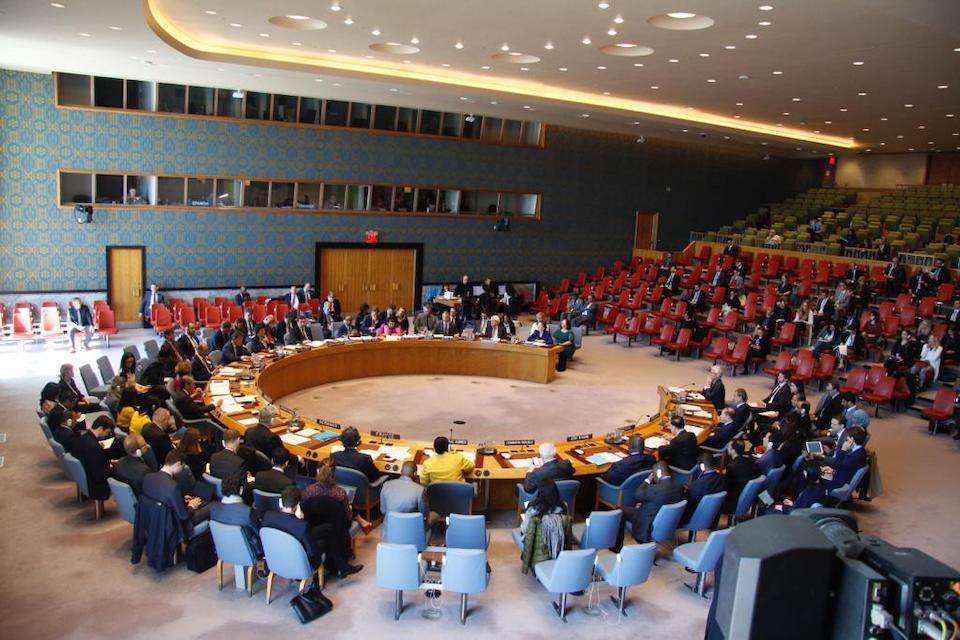Delivering long term stability to the Sahel region
Statement by Ambassador Jonathan Allen, UK Deputy Permanent Representative to the UN, at the Security Council briefing on peace and security in Africa

Thank you very much Mr President and may I like others start by passing our sincere condolences to Niger and France for the loss of their servicemen and women.
Let me also thank our briefers and welcome to the Council His Excellency Mr Alpha Barry, Foreign Minister of Burkina Faso.
As set out in the Secretary-General’s Report Mr President, there is some clear progress to be welcomed – particularly the resumption of Joint Force operations since January 2019 and the deployment of 75 per cent of troops as of March 2019. We recognise the efforts of the G5 Sahel States to combat cross-border threats despite difficult and adverse circumstances. Now, the Force must accelerate its efforts to achieve full operational capacity and demonstrate that its security capacity is greater than the sum of its parts. Evidence of tangible results from operations will build the Force’s credibility, both regionally and internationally.
To aid the Joint Force in overcoming the challenges they face in terms of funding and thereby achieving full operationalisation, the United Kingdom strongly urges all partners to make good on the financial commitments they have made with the utmost urgency.
On the UK’s part, we have contributed to the European Union’s package of support and provided further bilateral contributions which for the Joint Force alone totals around $20 million - that’s set against a far bigger contribution for the Sahel as a whole.
Continuing the close cooperation with the EU, MINUSMA and Operation Barkhane is a vital step in aiding operational efforts. In this regard, we welcome the creation of the Coordinating Body for Mali in January, which serves as a framework to enhance information sharing and coordination among the various military and security forces present.
We also welcome the steps taken to advance the human rights compliance framework and strongly urge continued efforts to further embed and operationalise this across the G5 Sahel Joint Force. This will not only lead to enhanced civilian protection but also support efforts to win “the hearts and minds” of the populations the Joint Force was created to protect, crucial to the stabilisation of the region. Any alleged human rights violations need to be fully investigated.
Looking forward, we encourage the G5 Sahel Secretariat to finalise the Joint Force’s strategic concept of operations, which will both demonstrate a unity of purpose within the Joint Force and boost donor confidence.
Mr President, the challenges facing the Sahel region are becoming progressively more complex. With increasing incidents of terrorism, criminality and inter-community violence in Mali’s central regions, we share the Secretary-General’s concerns about the spread of insecurity and terrorism to other parts of the region, including into Burkina Faso. We call upon G5 Sahel countries to expedite their efforts to deploy all outstanding troops and to fully establish the police component in order to address the growing trans-border threats.
As with all areas of instability, military action alone is not the solution. As recognised by this Council in its December 2017 resolution on the support to the G5 Sahel Force, long term stability will only be delivered to the region if security efforts are accompanied by programmes to address governance, development, human rights and humanitarian issues.
Thank you.